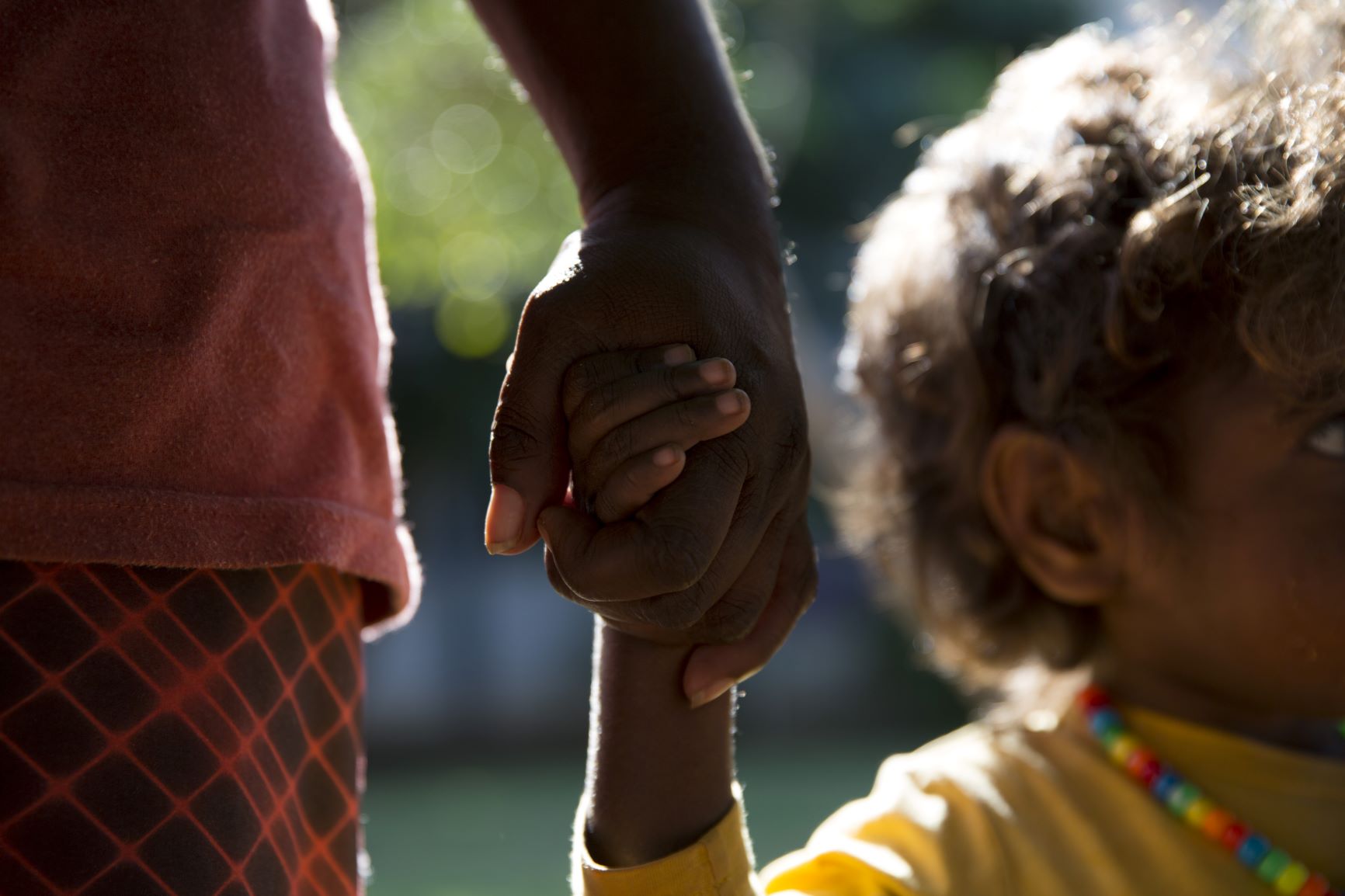World Vision Backs UNICEF Call for a national children's agenda
Thursday, November 1, 2018

Australia’s leading humanitarian agency World Vision has backed a call for a national policy and implementation agenda for Australia’s children and young people.
UNICEF Australia’s Chair, Ann Sherry made the call as part of the launch of The Children's Report released today by the Australian Child Rights Taskforce which is also being submitted to the United Nations Children’s Committee.
“It’s not enough to want to do good for children, we must ensure any changes we want to bring about are the right ones and are sustainable,” World Vision’s Senior Policy Advisor for Child Rights, Mercy Jumo said.
“That means we need to have clarity as a nation about what it is we are trying to achieve and clear ways of measuring how effective we are in achieving this.”
A national agenda with a coordinating mechanism for the nation’s responsibilities to our children, would enable Australia to have a real chance of applying the Convention on the Rights of the Child Ms Jumo said. The Children’s Convention outlines ethical principles and standards of how society should behave, engage with, provide for and protect children. The principle of that what is in children’s best interests must be dominant in all decision making regarding children.
“Currently Australia is most blatantly and violently breaching this principle by continuing to keep children in indefinite detention in Nauru. The problems facing young Indigenous people is also a huge challenge for us as a nation.
The Children’s Report found that Aboriginal and Torres Strait Islander children experience poorer outcomes across every area of wellbeing and development, including education and health.
Last year, one in five Aboriginal and Torres Strait Islanders between 15 and 19 years of age reported that discrimination is a personal concern.
Ms Jumo pointed out that it’s been almost 30 years since Australia ratified the Children’s Convention in December of 1990 yet there is still no national mechanism for enforcing it.
“We must walk the talk and apply those international standards locally to protect children in Australia regardless of their background, gender, ethnicity or location. We must also measure how and when children’s rights are either being realised or violated and where the gaps are.
“World Vision works hard to protect children overseas, and through our Australia Program we have partnered with Indigenous communities to improve outcomes for Indigenous children here in Australia; but we need a national agenda and a co-ordinated approach from Government,” she said.
“We can’t achieve any significant change, including the Sustainable Development Goals if we don’t get it right for Australia’s youngest and most vulnerable. It’s a call to leadership.”
The plight of Indigenous children in the youth justice and child protection systems is no less than a national crisis, Ms Jumo said.
“It’s scandalous that more than 14 inquiries have condemned Australia’s youth justice facilities, where children have been experienced practices that may amount to torture, cruel and inhuman treatment, since 2015,” Ms Jumo said, “yet Australia’s criminal justice system continues to imprison children as young as ten. We need real action.”
Once again, the Children’s Report shows that government efforts to improve outcomes for Indigenous children have failed to realise their goals, including those in the ‘Closing the Gap’ strategy.
Racism, colonisation, violent dispossession and the removal of Indigenous children from their families, cultures and lands have had ongoing effects on Aboriginal and Torres Strait Islander culture. As one young Aboriginal advocate in New South Wales interviewed for the report, put it:
“When Australia was invaded, they cut off the land, which was food resources, then they cut off family, then they cut off culture, connection and spirituality. And then, what do you have left? Like, you’ve got nothing. So how do you bring that back? You bring that back by listening to what we say. We know what works for us.”
According to a 2017 survey of over 24,000 children and young people, equity and discrimination is one of the top three issues facing Australia today. In the same year, 11.1% of Australians between 15 and 19 years of age reported that discrimination is a personal concern, an increase from 10.8% in 2013.
The Children’s Report, reflecting the views from consultations with 527 children and young people across Australia, along with 190 recommendations, is released by UNICEF Australia Chair, Ann Sherry, at the National Press Club today on behalf of an Australian Child Rights Taskforce of which World Vision Australia is a member.
For more information or for interview requests with Mercy Jumo, contact:
Leah Swann (Public Affairs), 0421857 591, leah.swann@worldvision.com.au
Media Releases,
Asia and the Pacific,
Child Health,
Child literacy,
Claire Rogers,
Human Rights,
UNICEF,
World Vision,
Young People
Back to all Results